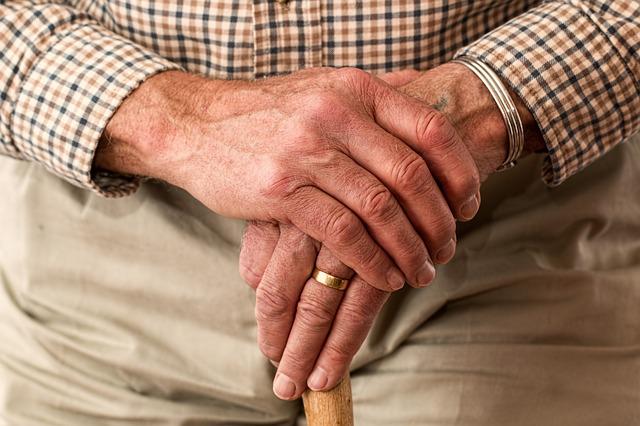Depression is a disease, that can touch anyone. However, according to research and statistics, people after 65 age, who - regardless of gender or health - can develop the so-called senile depression. The symptoms of this disease are often underestimated and blamed on age. Meanwhile, depression in the elderly can be very dangerous. Why? Well, this disease not only contributes to the deterioration of general health, but also accelerates the aging process itself. Dlatego też tak ważna jest tu rola babysitters, who will not only notice disturbing symptoms and react in time, but also help the senior in this difficult time. Let's remember, that drug treatment - although sometimes unavoidable - should be a last resort. It's worth doing everything first, so that the elderly feel better and can function normally. Fortunately, the babysitter is not doomed to fail in this fight. So how can and is it worth supporting a senior with depression?
Conversation
One of the basic principles in working with a senior with depression is conversation. This is something to remember here, that an elderly person affected by this disease feels neglected, unwanted and misunderstood. Plus, he feels it, that no one needs her and no one cares about her. In this case, a daily conversation can make a big difference. Let's remember, that every human being, especially seniors, needs companionship, attention and understanding. The role of the caregiver is invaluable here. Daily dialogue with the senior will make him feel important and needed. The subject of such a conversation can be anything – from memories, by discussing your favorite series or book, to opinions or dreams. What matters is this, how the conversation is conducted. The babysitter should be patient, understanding, empathetic and genuinely interested in it, what the senior has to say. Equally important is the question about well-being - it proves interest in the senior and his emotional states. However, when implementing this principle, you need to remember about a few extremely important issues. Sometimes it's worth giving a senior a little space (so that he could be silent), and the conversation itself can in no way be forced. In addition, the therapeutic conversation should emphasize, above all, listening to the senior, not just talking to him.
Physical activity
Another important aspect of caring for a depressed senior is engaging them in appropriate physical activity. Of course, this is not about activities and sports that exceed the physical or mental capabilities of a senior, but with moderate movement, which plays an extremely important role in the fight against this insidious disease. It was proven many years ago, that daily physical activity raises endorphins, the happy hormones. That is why it is so important to regularly engage a senior in movement. The choice of activity itself is an individual matter and depends on the age and health of the ward. For some, a walk or gentle stretching will work, and others a bicycle, swimming or yoga. In this case, it is worth observing the mentee and analyzing his abilities or preferences. And speaking of outdoor activities, we must also mention phototherapy, i.e. light treatment. Being outside and enjoying the sun can also help fight bad moods. Therefore, during spring and summer - unless there are contraindications - it is worth leaving the walls of the house or apartment with your ward as often as possible. Regular physical activity should also be supplemented by developing passions and interests of the ward. Watching a movie together is a great idea here, cooking, viewing photos or listening to music.
The right diet
Daily conversation and regular physical activity (adapted to the capabilities of the senior) should be supplemented with a balanced diet. Not known today, that the lack of certain ingredients and minerals may result in deterioration of physical form. Therefore, the meals of an elderly person should not lack products rich in carbohydrates, fiber, omega acids, minerals and vitamins. At the same time, meals should be healthy and easy to digest. You have to remember that, so that the daily menu is adapted to a specific senior - his possible diseases, medications or condition. And eating a meal together with a senior will certainly improve his mood.
Working with a depressed senior is extremely demanding and absorbing. It requires a proper approach and appropriate actions from the babysitter. However, the application of a few of the above-mentioned tips in practice will certainly help the senior and make him happy, that its daily functioning will be much easier, happier and more enjoyable.


Recent Comments